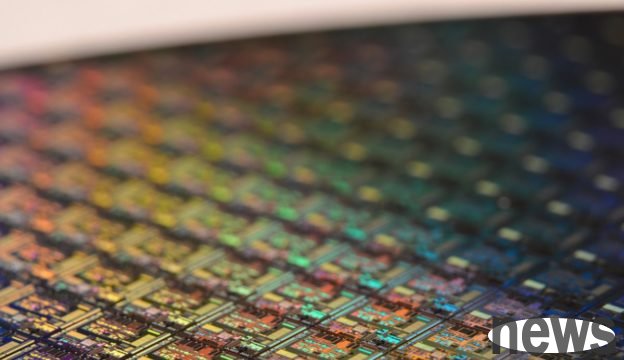US President Trump announced that he would charge 100% tax on semiconductor classes. Apple simultaneously announced that it would invest in the United States. Semiconductor experts analyzed that Apple is Taiwan Electric's largest customer. Wheth...

US President Trump announced that he would charge 100% tax on semiconductor classes. Apple simultaneously announced that it would invest in the United States. Semiconductor experts analyzed that Apple is Taiwan Electric's largest customer. Whether Taiwan Electric will simultaneously invest in the United States in the future, and whether the proportion of Arizona factories in the advanced process capacity will further increase are all observation points. It is not ruled out that if Taiwan Electric increases investment in the United States, it can compete for Taiwan's semiconductor tax and tax rate reduction opportunities.
Semiconductor industry experts pointed out that after observing the implementation of tax measures such as the United States, the United States began to impose high taxes on countries around the world, mainly to force countries to come to the table. During the negotiation process, the tax rate was constantly adjusted, which showed that the tax rate was floating. The US's tax levy for semiconductor classes up to 100% should also be to prompt countries to negotiate with the US, and a 100% tax rate will not be fixed forever.
Experts said that the main purpose of semiconductor tax responsibilities is to accelerate semiconductor factory investment in the United States. Currently, the global semiconductor advanced processes are mainly supplied by three major manufacturers, Taiwan Electric, Samsung and US Intel. Among them, Taiwan Electric and Samsung have promised that investment factories in the United States should be exempted. Therefore, semiconductor tax responsibilities have no impact on the advanced process.
As for mature processes, experts say that democratic countries such as Taiwan, Japan and South Korea should be able to negotiate with the United States to reduce taxes. In addition, direct chip sales to the United States are limited, and are usually sent to the Asia-based closure factory for sealing, and then handed over to the system for assembly. Finally, they are sold to the United States in the form of a whole machine, so the impact on semiconductor factories should be controllable.
experts said that it is worth noting that Apple also announced a coded investment in US manufacturing, pledging a total investment of US$600 billion, and will cooperate with partners such as Taiwan Electric to create a complete chip supply chain in the United States, which is expected to drive the growth of US local semiconductor demand.
Experts said that Telco had previously planned to invest US$165 billion in the United States, set up 6 wafer factories, 2 advanced packaging factories and 1 R&D center. After completing the investment, Telco will have 30% of its advanced production capacity of 2 nanometers and more from the United States factory.
With Apple adding codes investing in the United States, experts say that Apple is Taiwan Electric's largest customer. Whether Taiwan Electric will simultaneously invest in the United States in the future, and whether the proportion of Arizona factories in the advanced process capacity has further increased, it is worthy of observation. This is highly related to the US government's hope to grasp the global proportion of the semiconductor advanced process capacity. If Taiwan's electricity-coding investment is imposed on the US, it is not ruled out that it may help Taiwan fight for semiconductor-related taxes and lower tax rates.
However, experts said that the current global mature semiconductor process market is facing China's threat of marketing. Whether the US semiconductor tax can help maintain the order of the mature process market remains to be seen, because China owns resources such as rare earths and has obtained many codes in the debate with the United States, and China's taxes will change.
Extended reading: Apple tyrene, bulb, Samsung deploys Metallurgical chip supply chain Trump 100% chip tax responsibilities who has the greatest impact? South Korea: Samsung, SK Hynix is not suitable The U.S. iPhone is hopeless, but Trump seems to be happy about it